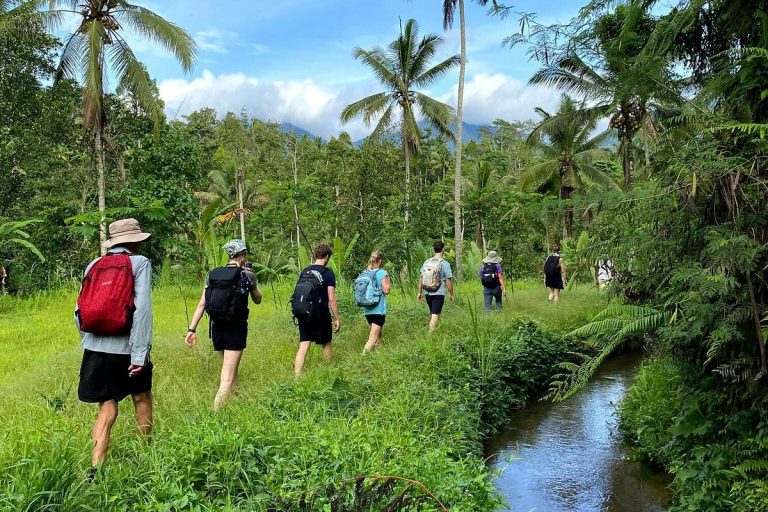
Astungkara Trail, Bali: the slow travel walk that’s quietly stealing the show
If you’ve been watching the current Bat Geo Travel voting (the one where three destinations are going head to head),…

If you’ve been watching the current Bat Geo Travel voting (the one where three destinations are going head to head),…
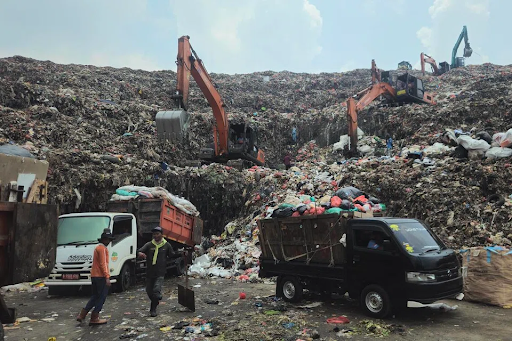
Image credit: The Straits Times Indonesia, the world’s fourth most populous country, faces a mounting waste crisis. With a rapidly…

In the heart of West Java, Bandung Zoo has long been a place where families gather to look at all…
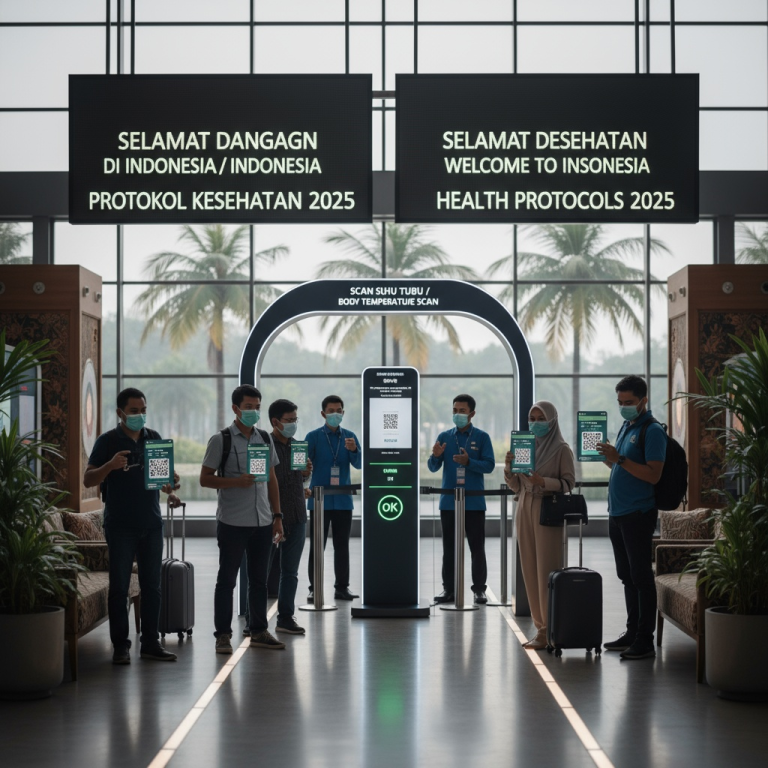
Air travel between Java and Bali is one of Indonesia’s most popular domestic routes, used by millions of locals, business…

Introduction Every year, across Indonesia, an unthinkable tragedy unfolds in the shadows of our communities. Dogs and cats, many of…

Introduction: More Than Honey Bees are more than just honey makers; they are the silent architects of life itself. Every…

There was a time when Bali was the dream destination for travelers seeking not only beauty and adventure, but also…

Once a Sanctuary, Now a Cautionary Tale There was a time when Bali was whispered about as the “Last Paradise”,…

Introduction Bali is often described as paradise on earth, famed for its lush rice terraces, vibrant culture, and world-class beaches….

The recent wave of Indonesia protests and Jakarta riots has captured global attention, highlighting deep-rooted frustrations with political privilege, economic…
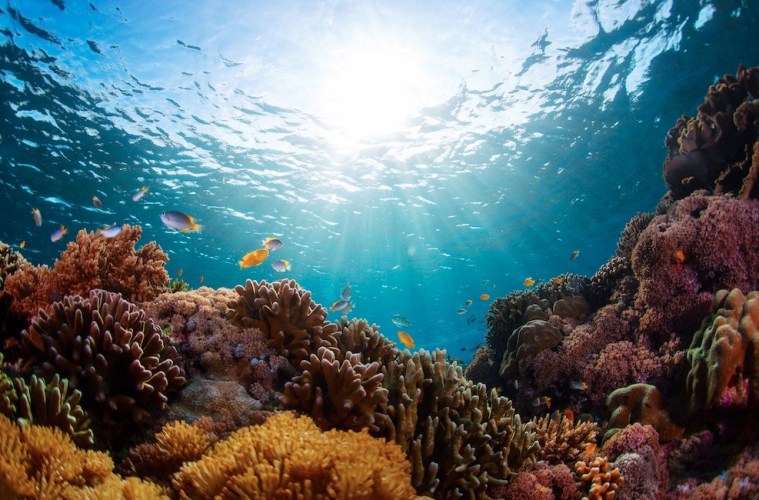
Eco Tourism Bali is a pioneering initiative dedicated to promoting sustainable and regenerative tourism practices on the island. The website…

Bali, a tropical paradise known for its stunning beaches and vibrant culture, is also a burgeoning hub for wellness tourism….
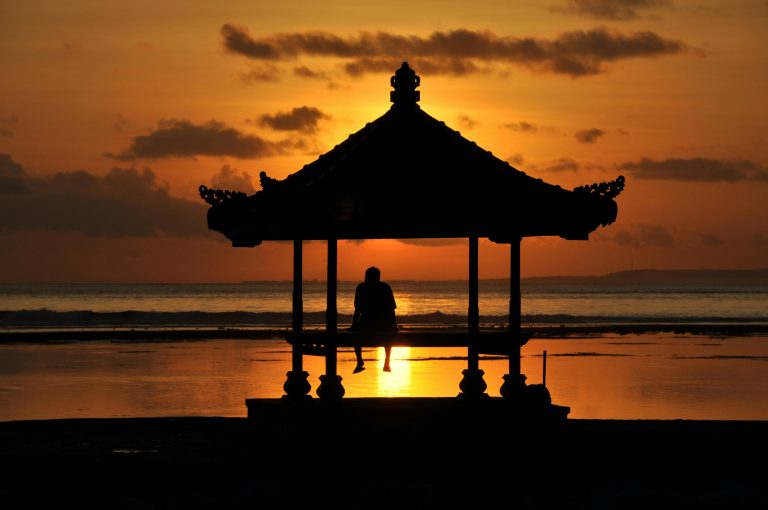
Bali’s rich cultural heritage is celebrated through a myriad of festivals that take place throughout the year. These vibrant events…

Fifteen years ago, nestled in the vibrant streets of Ubud, a humble establishment known as Warung Schnitzel opened its doors….

While Bali’s iconic beaches and temples draw millions of tourists each year, the island is also home to a wealth…
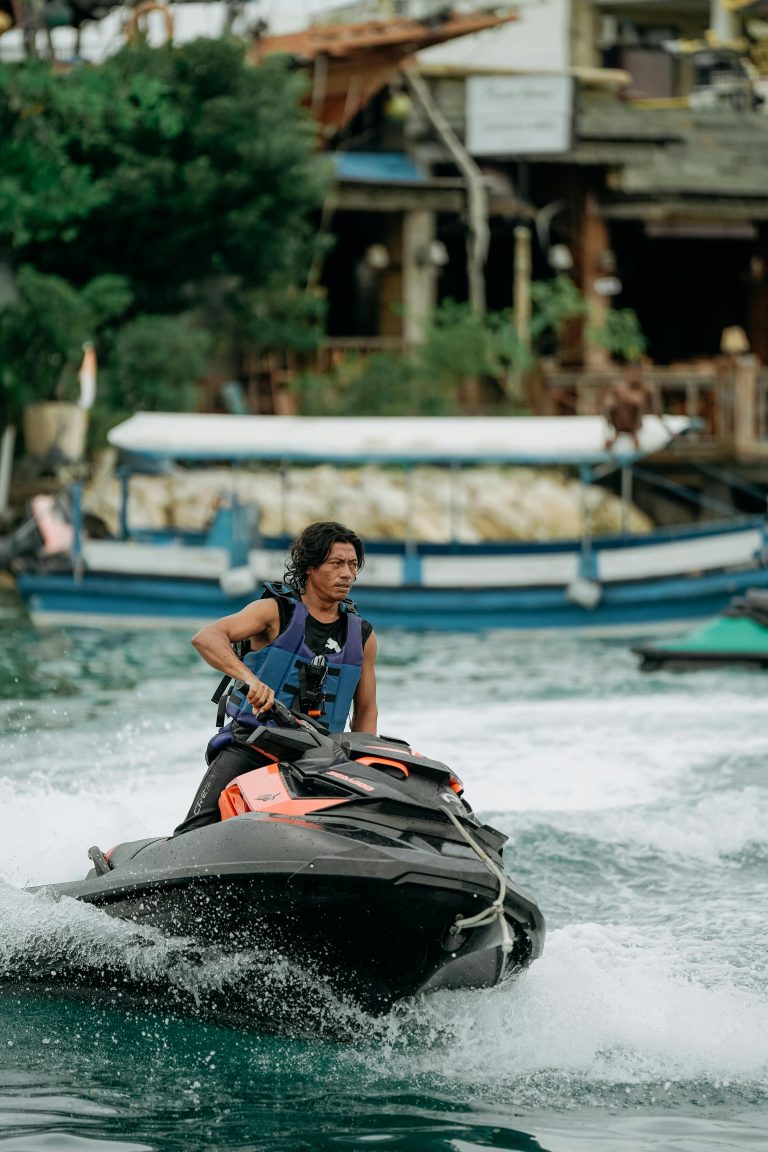
Bali, known for its stunning beaches, lush landscapes, and vibrant culture, is increasingly becoming a hub for eco-tourism. As travelers…
